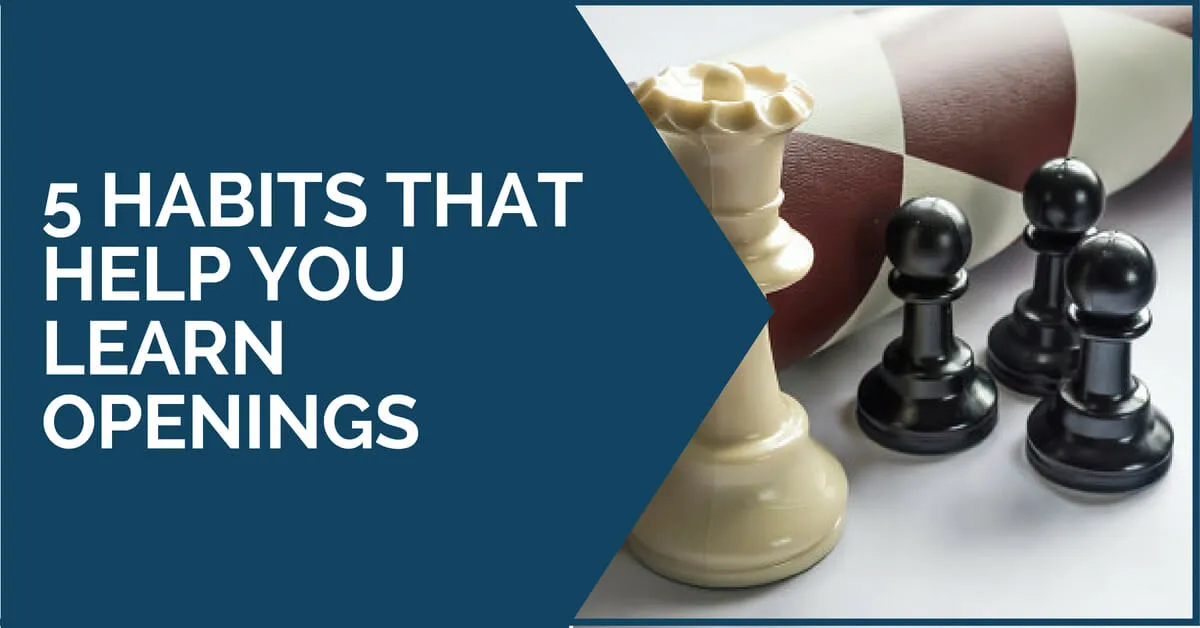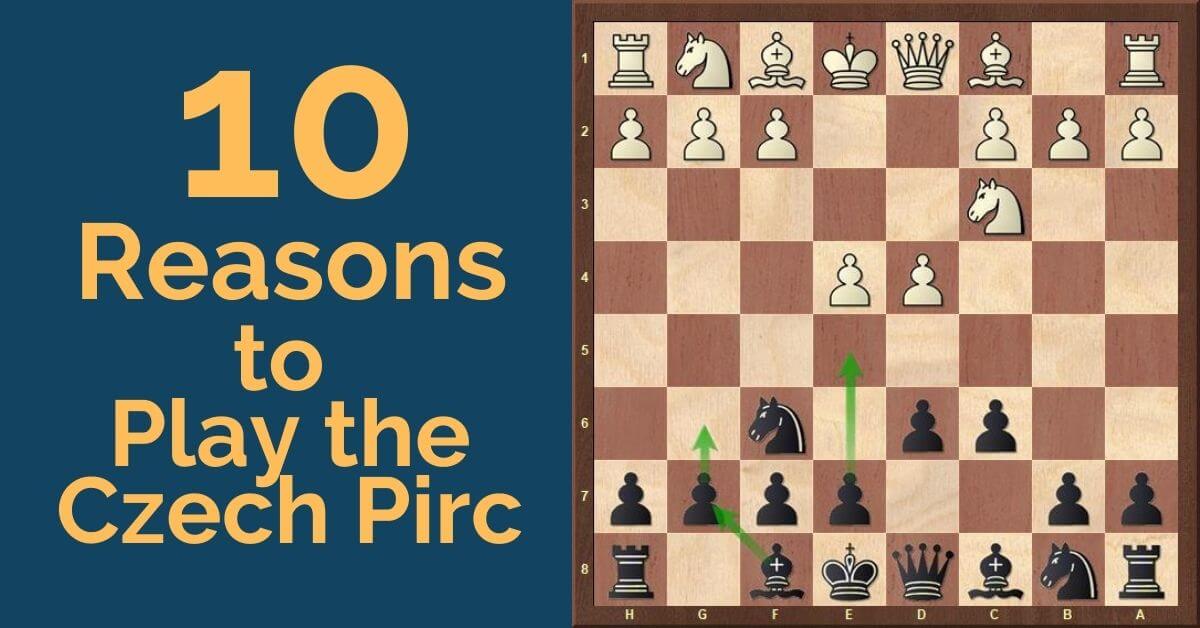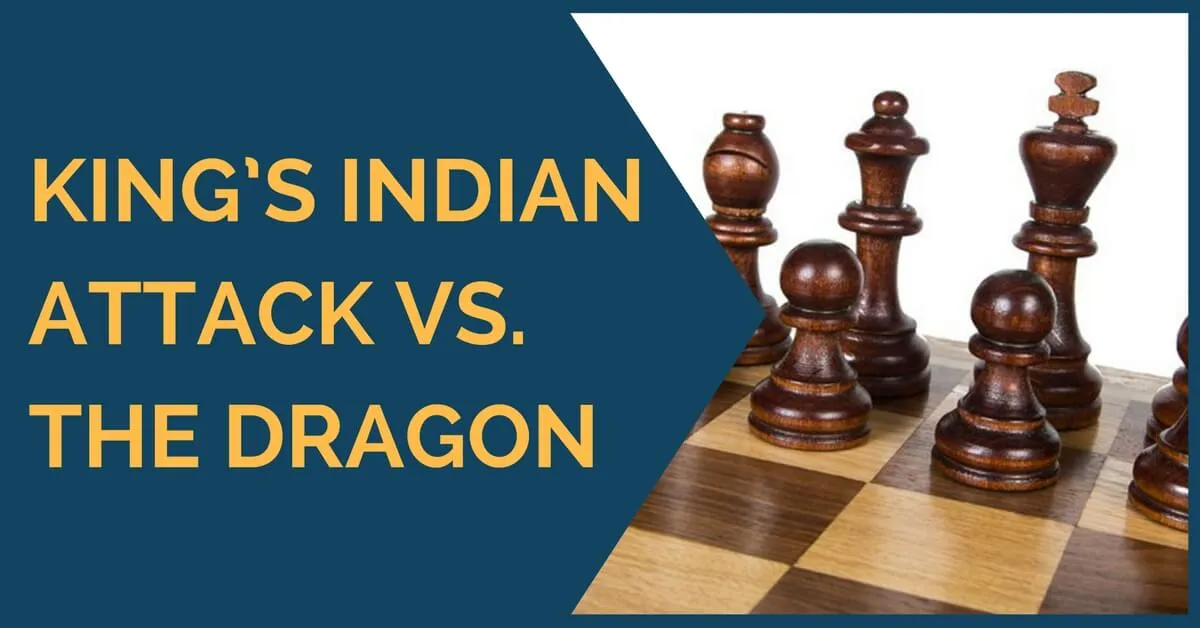5 Habits That Help You Learn Openings

Learn Openings and 5 Habits That Help You With It. It is difficult nowadays to get a good game without having a fair amount of theory knowledge. There is no such thing as an easy game anymore, like almost everybody, as amateur as they are, knows openings. It is probably the most studied phase of the game and it’s important that you pass it successfully. In other words, you have to know as much as to get into at least a playable (if not slightly better) middlegame.
The obvious way of achieving this is by learning your lines by heart. But, for the club players who don’t dedicate their entire time to chess, this may cause serious headaches and cause the idea to be abandoned completely. If, however, you are a player who loves complications and prefers sharp lines, there is no other road for you.
This article is dedicated to the rest of the players, who prefer a system based on ideas rather than exact moves. For them, we have compiled a shortlist of activities that can help you with the opening phase, but give you a wider overall chess understanding as well:
1. Learn Openings: Understand the moves
As simple as the systems you choose to add to your repertoire may be, there is still some theory to go through. One way I have noticed to work in order to remember the moves is to try to understand why you are making that move and not another. In other words, understand the ideas in the position, both for you and for your opponent.
This way you’ll know what you want to achieve and what you want to keep your opponent from achieving. You’ll see that the right, theoretical moves will suddenly come easier to mind! Of course, this “trick” is almost impossible to apply to sharp lines with only moves.
2. Play through annotated games
Seeing many games gives you a wide chess understanding.
Try to include in your training not only games in the openings you play but various openings and pawn structures. Seeing how other successful players do it and reading the explanations will help you over the board, in similar situations where you are out of the book.
Again, try to understand the ideas and how the players think in order to be able to imitate them in your own games.
3. Learn Openings: Watch online games
It is important to be constantly connected to the latest games. Seeing many games is good for your chess in general. It also allows you to stay connected to the latest trends and novelties in openings. You might come across a new, interesting idea in an opening you play that is worth analyzing and including in your repertoire.
4. Study the main pawn structures
This habit helps again with your chess in general – you will know what kind of plans to choose, which pieces to keep and which to exchange and how to ideally place them.
How can this help your opening?
It also gives you an overall understanding of the opening; by knowing more than one plan you will be able to adapt better to any changes your opponent might come up with. And, you will also be able to find the right continuation.
5. Learn Openings: Read chess literature
Most model games are played by classics; therefore it is very important you study them and if the games have commentaries, even better. Playing through long analyses is not the point in this case; choose written annotations where the authors explain the process of thinking and the ideas in the positions.
As you can see, most of the tips mentioned above have to do with improving your overall chess understanding; we believe that this will help you in every aspect of the game. Also, we believe that this type of training is more useful for a player with limited time for studying chess than trying to memorize a great amount of theory by heart.
We also recommend reviewing How I became an International Master, and You Can Too.
Thank you for reading!










Comments: